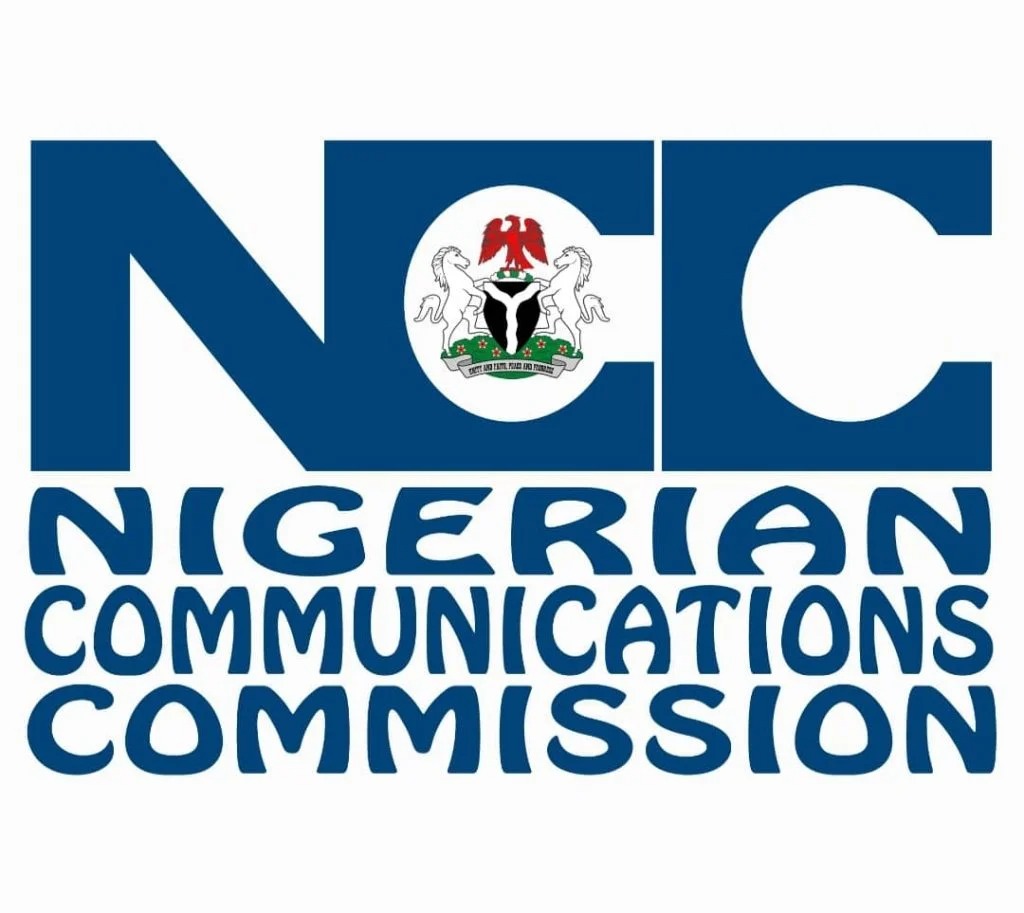Nigeria’s telecoms regulator has introduced a new governance framework for operators, as the country’s telecom sector recorded a sharp decline in foreign direct investment in the first quarter of 2025.
The new rules, unveiled by the Nigerian Communications Commission on Wednesday, seek to strengthen board oversight, risk management, and transparency across Nigeria’s $70bn telecommunications industry, which serves more than 170 million active subscribers.
The guidelines will be enforced in phases and apply to all licensed operators, the regulator said.
The rollout comes as the telecom industry reported $80.78m in foreign direct investment during Q1 2025, down 58 per cent from $191.57m in the same period a year earlier, according to data from the National Bureau of Statistics. Quarter-on-quarter, FDI also dropped 41 per cent from $136.86m in Q4 2024.
While the NCC made no direct connection between the introduction of the new rules and the decline in capital inflows, the timing highlights the need for stronger governance practices in Nigeria’s digital infrastructure landscape.
“This is about building resilient institutions and aligning the telecom sector with global best practices,” Executive Vice Chairman and CEO of the NCC, Aminu Maida, told stakeholders at the unveiling in Lagos.
The 2025 Guidelines build on earlier versions issued in 2014 and 2016, which were either voluntary or lightly enforced. However, the chief regulator said it recognised that stronger, sector-specific rules were necessary to match the growing complexity of Nigeria’s digital ecosystem.
According to Maida, good governance has become a strategic necessity in a sector that underpins nearly every part of the country’s economy from mobile money and digital banking to public services and national security.
He said the commission’s research shows that telecom companies with strong governance structures tend to perform better financially, comply more effectively with regulations, and provide more reliable services to customers.
The new compliance framework sets specific rules for how telecom firms should structure their boards, manage risks, report their performance, and engage with stakeholders. For example, companies will now be required to appoint more independent directors with industry expertise, publish more detailed compliance reports, and adopt clear risk-management practices to deal with issues such as service outages, interconnect debts, and cybersecurity threats.
The guidelines also place a stronger emphasis on environmental, social, and governance standards. Telecom companies must now report how they are improving energy efficiency, particularly through the use of renewable energy at network sites, and how they are ensuring responsible conduct across their supply chains and communities.
Importantly, the guidelines are mandatory for individual licensees and will be enforced in phases based on the category of licence held. While the NCC has committed to supporting operators through training and guidance, the regulator has made it clear that companies failing to comply could face sanctions.
“This is about the sustainability of networks and businesses, of customer trust and national development,” Maida said. “Governance must move from paperwork to performance.”
He urged telecom firms to invest in director training, strengthen their internal audit functions, and tie executive rewards to measurable indicators like service quality, cybersecurity readiness, and customer satisfaction.
Maida also explained that the NCC will take a three-part approach: “engage, enable, and enforce” to ensure operators understand the new rules, receive the help they need to comply, and are held accountable when they don’t.














